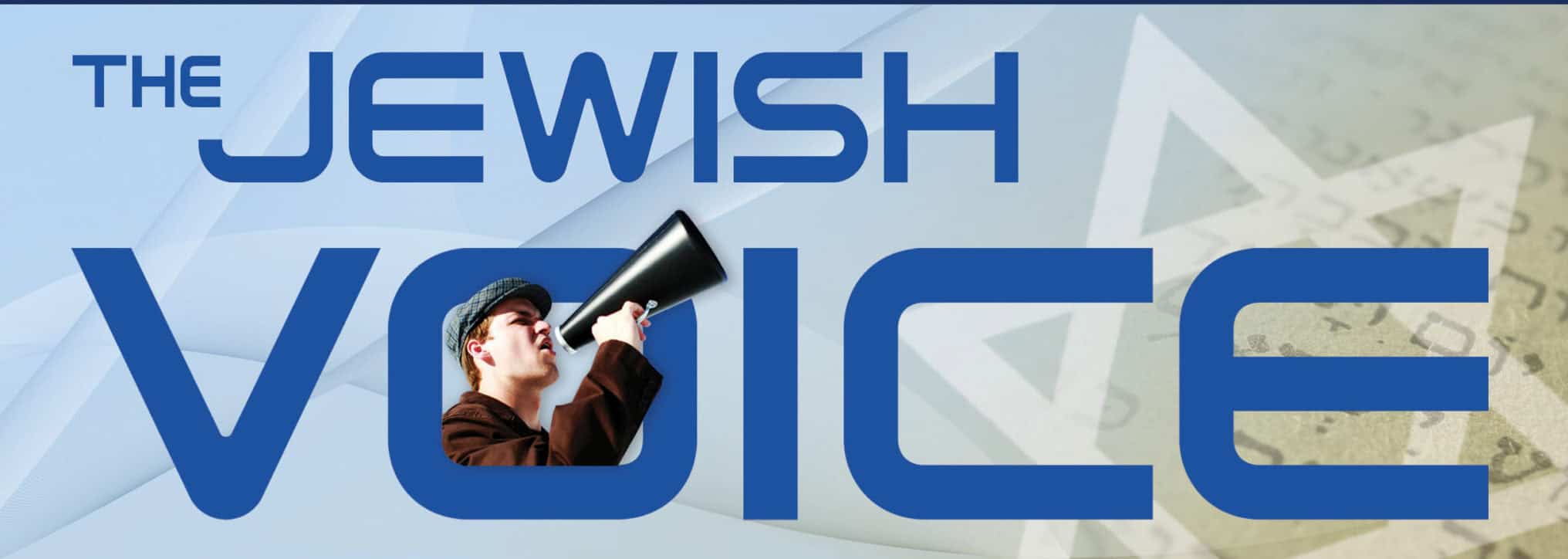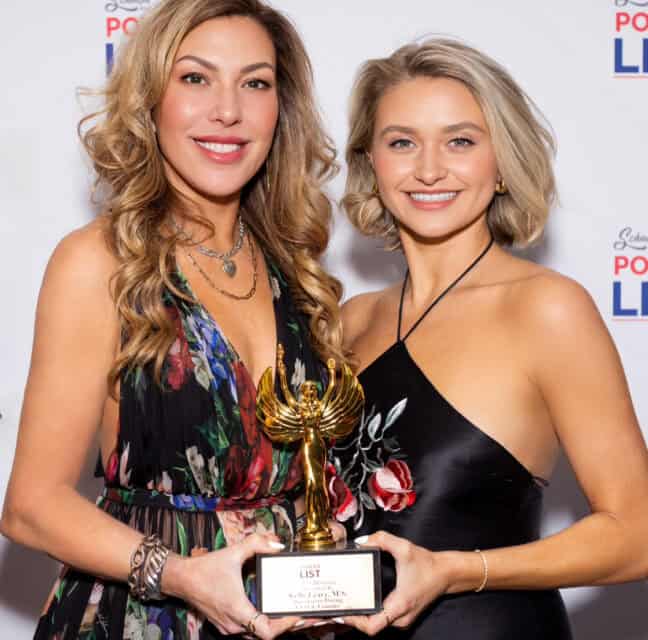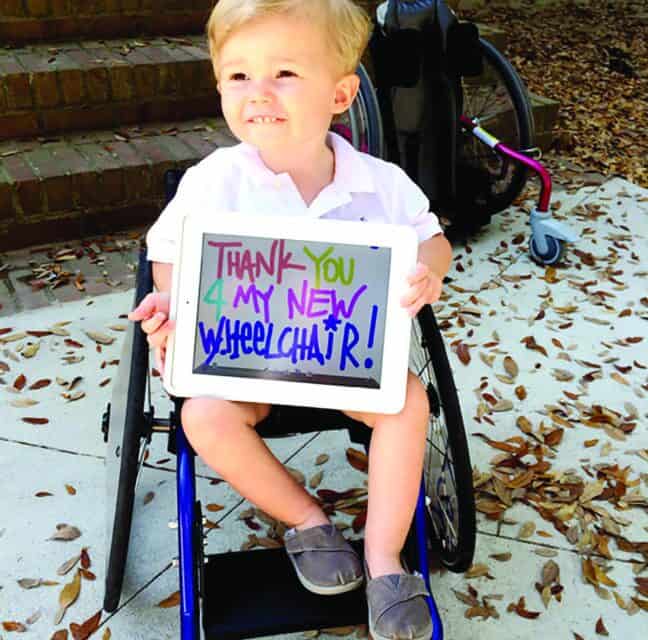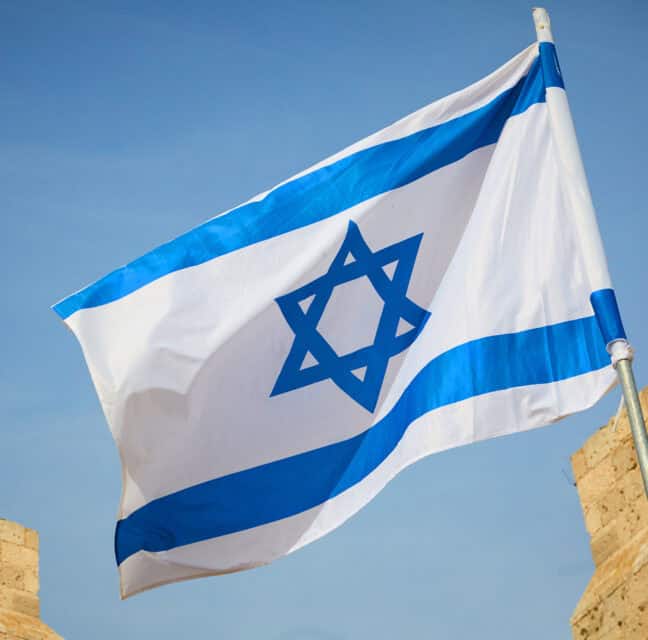
One of the more uncomfortable truths about antisemitism is that it often stems from jealousy. The brilliant Professor Thomas Sowell was once asked how to put an end to antisemitism. His answer? Just one word: “Fail.” He explained that antisemitism, like other hatreds, often emerges not because we’re doing something wrong, but because we’re succeeding.
Now imagine a world where people didn’t measure themselves against others, but only against who they were yesterday. What if we stopped comparing our journey to someone else’s and focused instead on running our own race? As Hillel so powerfully said in Pirkei Avos (1:14), “If I am not for myself, who will be for me?” In other words, if I spend my life trying to be someone else, who will be me?
Innovate. Don’t imitate.
This idea plays out beautifully in a surprising teaching from Pirkei Avos (2:9), where Rabban Yochanan ben Zakai praises the unique strengths of his five greatest students. At first glance, it sounds like he’s ranking them. But the Rebbe explained something radically different. Rabban Yochanan wasn’t creating competition — he was encouraging individuality. He saw the divine spark in each soul and brought it to light.
He described Rabbi Eliezer ben Hurkanus as a “sealed cistern that never lost a drop” — his memory was so flawless that not a single word of Torah ever slipped his mind. Rabbi Yehoshua ben Chananya was praised with, “Fortunate is she who bore him,” because of his loving kindness, diplomatic nature, and wisdom that lifted everyone around him. Rabbi Yosei the Kohen was a chasid, a pious soul who radiated warmth and served Hashem with joy and devotion. Rabbi Shimon ben Netanel feared sin and lived with an awe of Heaven that made him a model of integrity and ethical refinement. And Rabbi Elazar ben Arach was called a “wellspring that increases in strength” — an innovator and deep thinker who brought forth new insights with brilliance and clarity.
So why did Rabban Yochanan praise them all differently? Because each one was unique. By highlighting their individual strengths, he gave each student permission to become exactly who they were meant to be. Rabbi Eliezer became the “librarian” of Torah, the guardian of memory. Rabbi Elazar focused on depth and discovery, breaking new ground in Torah thinking. Rabbi Yehoshua took his warmth and wisdom to the highest courts of Athens and Rome, becoming our people’s diplomatic representative. Rabbi Yosei served through mitzvah observance with meticulous care. Rabbi Shimon became the model for self-discipline and ethical living.
No two faces are alike. No two souls are the same. You were created with a combination of talents, experiences, and perspectives that this world has never seen before — and never will again. You are, by design, irreplaceable.
There’s a reason the sun and the moon shine at different times. They’re not here to compete. They’re here to fulfill their unique mission.
Life becomes lighter when you stop watching what everyone else is doing. True confidence doesn’t come from thinking you’re better than others — it comes from knowing there’s no one else like you.
Let me tell you about Yosef Bau, a talented artist born in Krakow in 1920. When the Nazis invaded Poland, they forced him to work in the printing shop of the Krakow Ghetto. He risked his life forging documents to help hundreds escape. Later deported to the Plaszow concentration camp under the brutal Amon Göth, he continued lifting spirits — using cartoons and humor to spread hope. He even married his beloved Rivka secretly in the camp — a moment immortalized in Schindler’s List. When asked why he didn’t forge papers for himself, Bau answered simply: “If I had escaped, who would have saved the others?”
Each of us has our own mission. Your life, your talents, your passions, your struggles — they are part of a divine equation. What are your gifts? Maybe you’re a natural listener, a creative soul, an inspiring teacher, a joyful hostess, or a loyal friend. The people who love you probably already know. The real question is — do you? And how far will you let yourself shine?
In 1798, the Alter Rebbe, Rabbi Schneur Zalman of Liadi, founder of the Chabad movement, was imprisoned by the Czar for spreading the revolutionary teachings of Chasidus. During an interrogation, a learned minister asked the Rebbe to explain G-d’s question to Adam after the sin: “Ayeka? Where are you?”
“Surely,” said the minister, “G-d knew where Adam was!”
The Rebbe responded, “Do you believe the Torah is eternal, that every word applies to every person at every time?”
“Yes,” said the minister.
“Then,” said the Rebbe, “‘Ayeka — Where are you?’ is not just a question to Adam. It’s G-d’s call to every soul, in every generation: Where are you in your life? What have you done with the days you’ve been given? Are you becoming who you were meant to be?”
Ask yourself: Where am I? Am I imitating someone else’s journey — or am I living my own truth?
Rabbi Dovid Vigler is the spiritual leader at Chabad of Palm Beach Gardens and host of the Jewish Schmooze Radio Show. Email him at [email protected]






